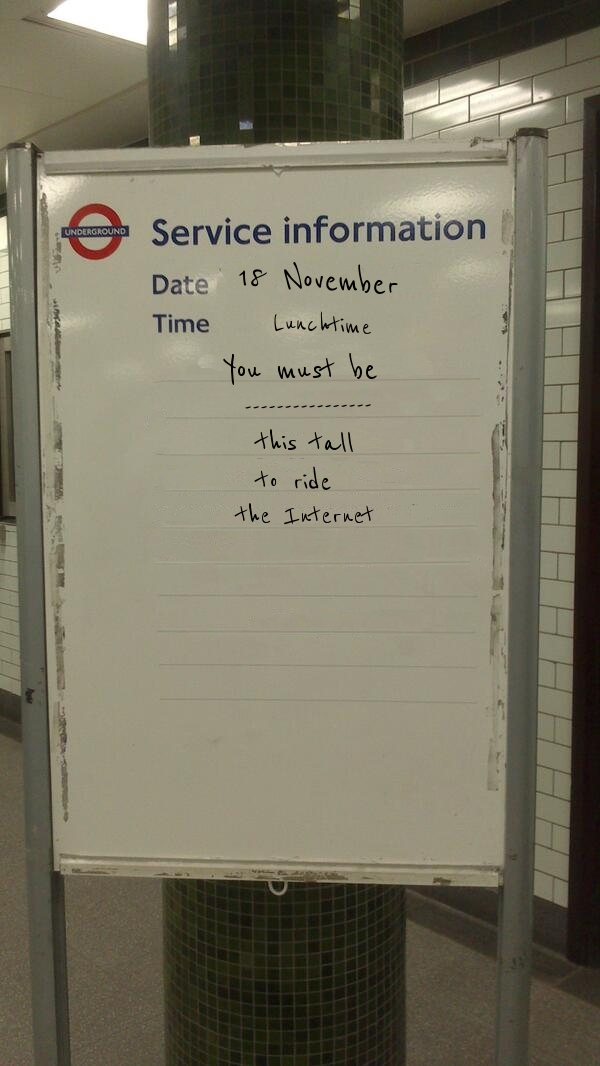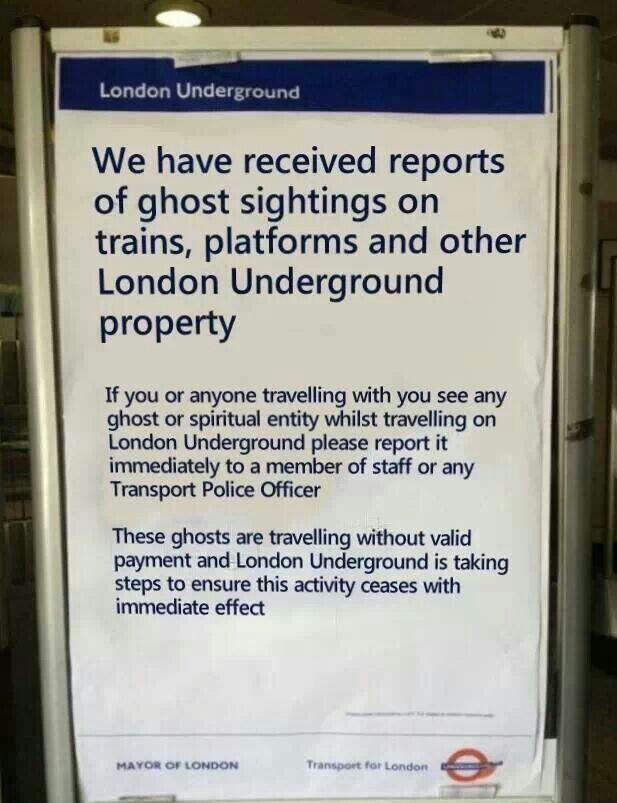Lovely, drizzly day out here in the countryside 
Happy invoicing!

- Struggle for Survival - "The 1955 Defence White Paper said that a future war would result in a “struggle for survival of the grimmest kind”. This book examines the way in which the government in Britain prepared for that struggle during the Cold War and the work done, often in complete secrecy by the civil and home defence planners at all levels." Chapter 1 is "The Death of Bristol"; it kind of goes downhill from there.
- The Economics of Infomercials - "Nothing good is on TV between 1 a.m. and 6 a.m., and for good reason. Nobody’s trying... The Graveyard Slot is an inverse inflection point in the profit curves of two very different businesses." Thorough examination of the economics of late-night marketing programmes.
- Shot, Stabbed, Hanged - A selection of interesting fact lets relating to death, e.g.: "C. S. Lewis was sixty-four, John F. Kennedy forty-six, and Aldous Huxley sixty-nine at the times of their deaths—all within an eight-hour span on November 22, 1963."
- Peer Review & Changing a Lightbulb: a Historian's View - "Q: How many historians does it take to change a light bulb? A (by Dr. L): There is a great deal of debate on this issue. Up until the mid-20th century, the accepted answer was ‘one’: and this Whiggish narrative underpinned a number of works that celebrated electrification and the march of progress in light-bulb changing." How historians might approach the standard joke.
- Know your type: Gill Sans - "The history of Gill Sans stems from Edward Johnston’s iconic typeface, Johnston Sans, designed for the London Underground in 1913." A detailed look at one of the most popular typefaces of the 20th century.
- ‘These Jokes Are Too Witty, Too Good’: 40 Network Notes That Illustrate How Dumb TV Executives Are - A selection of tweets from @TvNetworkNotes.
- Who is Responsible for the Pain-Pill Epidemic? - "...my time in medical school had coincided with a boom in the prescribing of narcotics by outpatient doctors, driven partly by the pharmaceutical companies that sold those drugs. Between 1999 and 2010, sales of these “opioid analgesics”—medications like Vicodin, Percocet, and OxyContin—quadrupled."
- Nails as clues to age - Everything you need to know about nails in putatively-antique furniture: "...this article will also discuss how to examine nail holes, rust left by nails plus where, how and why specific types and shapes of nails were used."
- The Economics of Star Trek: The Proto-Post Scarcity Economy - Rick Webb considers the Star Trek universe as a model for the post-scarcity economy, in which work is not needed but instead chosen: "The key here, to me, is to start thinking about how economics would work when we decouple labor from reward. Does that make a system inherently communist? I don’t think it does. People work. They get paid. It is market driven, and not centrally planned. In reality,the market already basically dictates this, for who can claim that a Wall Street banker works more than a teacher? The only thing we really need to do is take this to a logical extreme: that people can still get paid doing zero work."
- Tube Service Information Sign Maker - "Unofficial London Underground style passenger information signs." a handy little tool for making your own joke Tube signs, such as:

Happy invoicing!








Comment